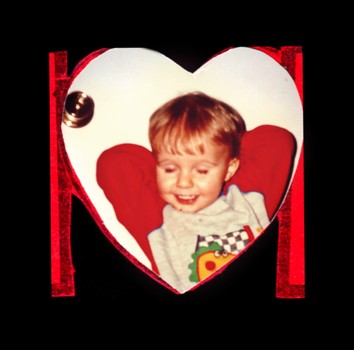
I believe there must be some truth to the adage “What doesn’t kill you makes you stronger.”I believe many mothers and fathers out there are on the same page as I am when facing autism, a lifelong struggle. Hearing it for the first time felt like I am drowning in a bottomless pit. Was I scared? Confused? Angry? Yes, I was engulfed in so many emotions all at the same time. It was scary and heartbreaking to look at a cherubic 2-year old knowing that his whole life will be fraught with challenges and limitations—and knowing that you can only do so much.
Fifteen years ago, I had my youngest son diagnosed with Autism. It rendered me speechless. Having survived my eldest son’s Tourette’s and ADHD, I really thought nothing will ever shake my world again. But after John’s autism diagnosis, I caught myself in the midst of a seismic shift that will forever alter my perspective about motherhood and life in general.
My first instinct was to look up the disorder in the library. But books about autism fifteen years ago are scant, if not limited. Autism is a hush-hush subject and many families who are in the midst of such a turmoil often caught themselves off-guard. Like me, they were also in a quandary on what to do, where to go and how to start anew. Along with the interest of learning about autism is that undeniable feeling of helplessness wherein you felt like screaming “go away!”
Frankly, the easiest recourse was to wallow in sadness. It has no known cure or cause after all. It was as vague as the issue of alien sightings. There is no definite answer but only that this is going to create changes in your family. It will create a lot of pressure and bring out bucketful of tears. It can either break or make your bond stronger.
I was told that my Johnny, my sweet little boy, is going to grow up differently. That he will never live normally. At some point I loathe the word “normal” so much that I felt like pulling my hair each time someone points out that reality. It cannot be helped that there will always be some insensitive people who do not mind their tongues when talking to you. What hurts me the most was that they do not even show remorse when they label your kid—in your face!
But I refused to give in. After the shock of the diagnosis mellowed down, I began my journey as an advocate. I left my career path in the dental industry and become an activist for children with special needs. With the help of some community members undergoing the same journey as I do, we were able to champion the financial aid of $20,000 per year for all children diagnosed with autism in New Brunswick. I became the president of the Autism Society of New Brunswick and then, served as a director of Pee Wee Active Living (formally Junior Special Olympics, a program that kicked off in Hanwell).
I refused to give in further to the depressing thought of a disorder that has no cure and passed, via the Catholic Women’s League of Canada, a resolution that gave rise to the support of individuals with autism from the government. Resolution 04.08 was passed in the national arena on 2004 and had given a lot of assistance to autism families in need.
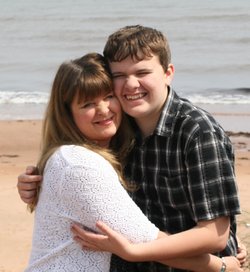
If there is one thing I have learned about my son’s autism (as well as my Joshua’s ADHD and Tourette’s), it is to have faith and letting that faith guide you to make positive changes not just in your life but in others as well. There is no one in this world who can advocate for a child than his or her own parents. To make things come full circle, however, you need to include others in your advocacy.
Indeed, autism is a road less travelled. The journey is fraught with difficulties, trials and tribulations. But these challenges should not be seen as hindrances. The only kryptonite that curtails your power to move and work around it is your own disposition in life. Have faith. Reach out to others. There is nothing more delightful than trudging an uphill climb with someone to hold your hands.
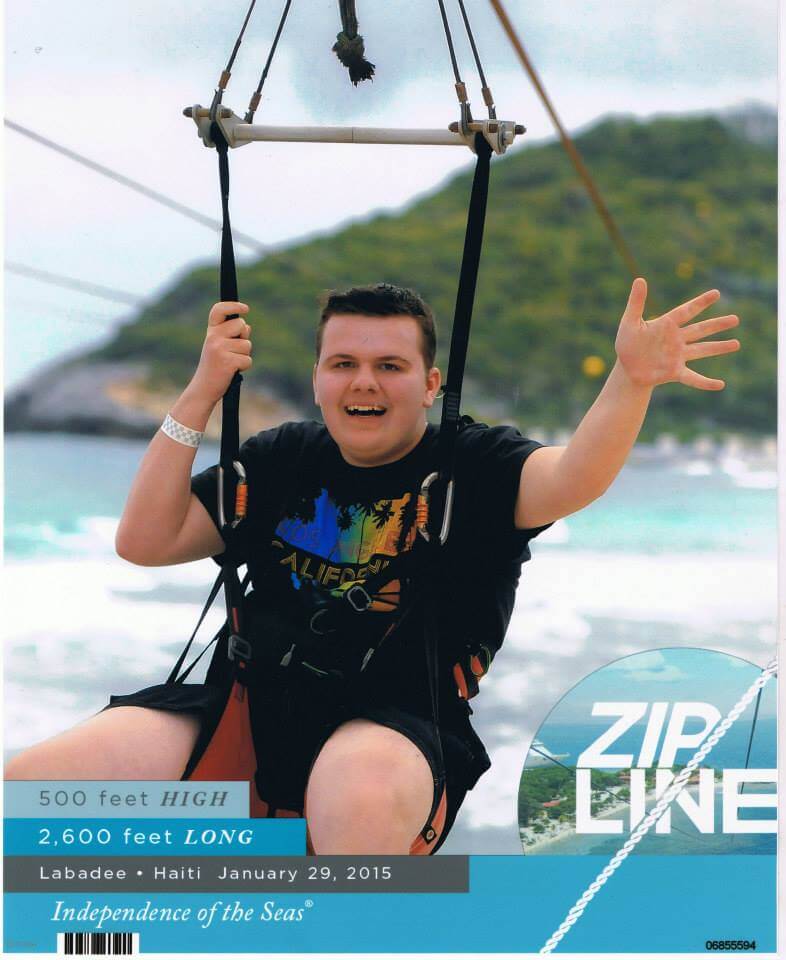
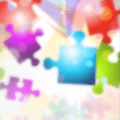


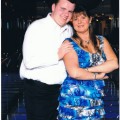
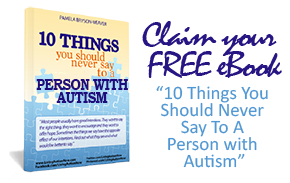
As a Newbie, I am constantly searching online for articles that can benefit me. Thank you